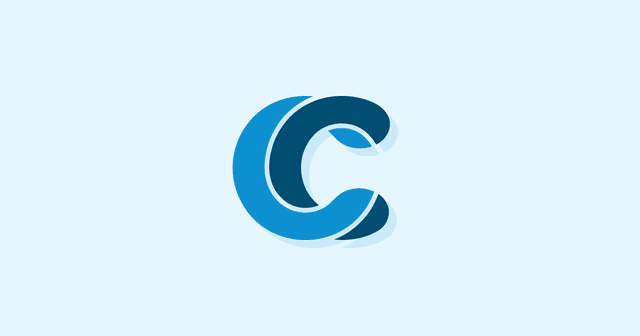Overview
Web scraping can be a great time-saving tool for business and personal use, if you know how to do it. Here, we’ll explain why you should use Python to do web scraping and give you a quick rundown on how to do it, including what Python libraries you should use.

What Is Web Scraping?
Web scraping is gathering (usually human readable) data from websites into a spreadsheet or database in which it can be analyzed. This can be done manually (e.g. by copying and pasting) or by using web crawlers and web scraping tools (which is the kind of web scraping we’re talking about).
Why Should You Do Web Scraping?
Data mining can seem like a bit of a pain, especially if you’re not fond of coding. But web scraping can be really useful. For example, here are some uses of web scraping:
- Research: Web scraping allows you to research anything online, from prices to a specific topic.
- Social media scraping: It’s easy to search social media sites for trends with web scraping.
- Lead generation: Web scraping can help you find audiences who will be interested in your business.
However, it’s also possible to apply web scraping to more dubious ventures, which is why you might ask….
Is Web Scraping Legal?
This is a tricky question, as there have been several court cases in the US and elsewhere on web scraping. The answer is yes, except in specific situations, such as:
- Collecting personal information (e.g. collecting email addresses for a mailing list).
- Collecting IP with the intent to use it in a competing product.
- Collecting information behind a password barrier.
- When the web scraper affects the running of the website it is scraping.
A good litmus test is, if a page is not indexed by Google (which you can check by looking at the robots.txt file), it probably shouldn’t be scraped.
Nevertheless, web scraping is common and web scraping is a great tool for legitimate purposes (such as those described above).
Why Should You Use Python?
There are plenty of programming languages that you can use for web scraping (e.g. C++ and C, Node.JS, Ruby, PHP), however Python is the best. Why is Python the best language for web scraping?
- It’s easy: Python’s easy to learn and quick to code.
- It has lots of libraries: Python has lots of libraries created especially for web scraping.
- It has a large online community: There are plenty of people with Python know-how online who can help you if you get stuck.
How To Do Web Scraping With Python:
While you can do web scraping with just a requests library and regular expressions, there are better ways to do it, using only Python libraries. Here’s a super basic explanation of how to do web scraping:
Make a Request
Your first step is using a Python library that does HTTP requests to get the information you want to scrape into a Python friendly format.
Use a Scraper To Collect Information
Your next step is to use a scraper to copy the information you’ve requested into a database. What scraper you use depends on the nature of the page (e.g. does it contain JavaScript?).
Use a Parser To Read and Analyze Information
Finally you use a parser to read and search for specifics within a page (e.g. title etc.). The parser may or may not be the same as the scraper.
What Python Libraries Should I Use?
In order to perform web scraping, you will probably need several Python libraries. You won’t need to use all of the libraries mentioned below, just enough to request, scrape, and parse the data you want. (For beginner web scraping, knowing one of Requests or urllib and one of Beautiful Soup and LXML should be enough):
Requests or urllib
Python Requests and urllib are libraries that generate HTML requests, and therefore you need to be familiar with one of these libraries for web scraping. (For large scale requests, consider using Grequests because it can easily process multiple requests at once).
Beautiful Soup or/and LXML
These two libraries can be used to scrape HTML and XML pages. Beautiful Soup and LXML are very similar and both are popular. However, there are some differences: LXML is very fast and easy to use and includes a parser; Beautiful Soup can be slow when used with the default Python parser, but it’s good at handling messy files. Fortunately, Beautiful Soup and LXML can be used together for maximum speed.
Selenium (for JS)
Selenium is the go-to library for pages that have JavaScript (though, like Beautiful Soup, it needs to be used with a parser). You can also use Selenium to make screenshots of pages and to access forms.
Scrapy
Scrapy is useful if you need to build a web spider from scratch or want an all-in-one solution. (Scrapy can crawl, make requests, scrape, and parse). However, Scrapy’s power is difficult to get the hang of, and it’s no good with JavaScript, so you need to use another library with it if you’re scraping pages with JavaScript.
Web scraping is useful for a number of reasons (and fortunately mostly legal). Develop your web scraping skills by using a series of high-quality Python libraries (such as Beautiful Soup or Scrapy) that you can choose from according to your scraping needs.
If you are already familiar with Python and want to take your career to the next level, consider applying for a software developer job in Kolkata at CodeClouds!
Share this article
390 reads
Similar Reads




